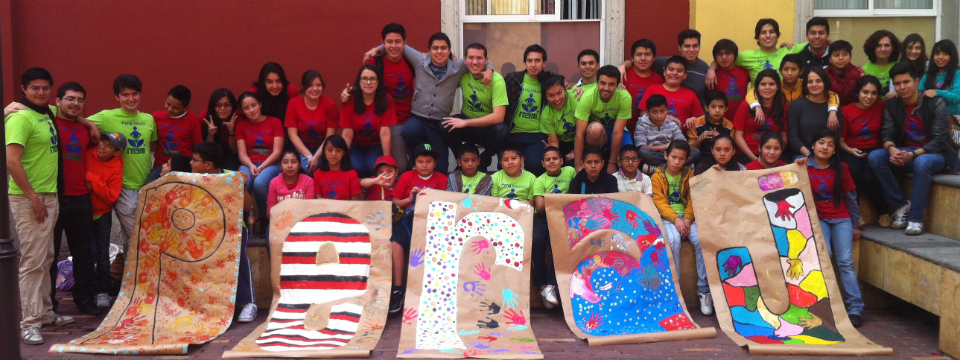New book on workplace mentoring has implications for youth
 Strategic Relationships at Work: Creating Your Circle of Mentors, Sponsors, and Peers for Success in Business and Life (McGraw-Hill
Strategic Relationships at Work: Creating Your Circle of Mentors, Sponsors, and Peers for Success in Business and Life (McGraw-Hill
Reposted (and revised) from BU school of management
June 18th, 2014
Boston University Professor Kathy Kram and Wendy Murphy, associate professor of management at Babson College, have published a new book titled Strategic Relationships at Work: Creating Your Circle of Mentors, Sponsors, and Peers for Success in Business and Life (McGraw-Hill). In it, they provide guidelines for building relationships that are crucial to personal success. The book draws upon 30 years of research to offer practical advice on mentoring, coaching, mentoring circles, and developmental networks—advice that is key to staying ahead in an environment with ever-shifting trends.
“These trends make us all novices over and over again as we necessarily move to a new job, new organization, or new country,” Kram says. “It’s almost impossible to be an expert for very long.”
This is where supportive work relationships play a critical role.
“Finding a mentor is no longer sufficient,” Kram observes. “Instead, each of us has to build a network of developers that can help us to continuously learn, innovate, and work with others.”
In three parts, Strategic Relationships at Work gives readers a guide to identifying high-quality relationships, how to build them, and what to do when they go awry.
The first part of the book provides an overview of what makes for high-quality relationships and gives the reader a number of assessment tools to create a personal strategy for building an effective circle of mentors, sponsors, and peers. Kram and Murphy argue that you must first know yourself—your values, goals, interests, talents and limitations—before you can begin to build supportive relationships. Once this self-knowledge is developed, it’s up to you to assess whether you have relationships in place that can help you achieve your aspirations.
From there, the authors offer strategies for building different types of relationships and invites those in leadership positions to foster developmental relationships in their organizations through formal programs, their own efforts to build effective alliances, and rewarding others for doing so.
What if things sour? When is it time to “break up” with your mentor? The third part of the book outlines how to end a relationship that has gone awry to minimize negative impact on your career. Via case examples of “tor-mentors,” Kram and Murphy illustrate the “red flags” that suggest when a relationship is no longer mutually beneficial, and offer specific communication tactics for ending it and moving on.
With this book in hand,” Kram says, “you will be able to form mutually rewarding relationships at work, create strong connections with meaning and purpose, and experience greater satisfaction and success—in business and life.”
Strategic Relationships at Work: Creating Your Circle of Mentors, Sponsors, and Peers for Success in Business and Life is available for purchase here.










